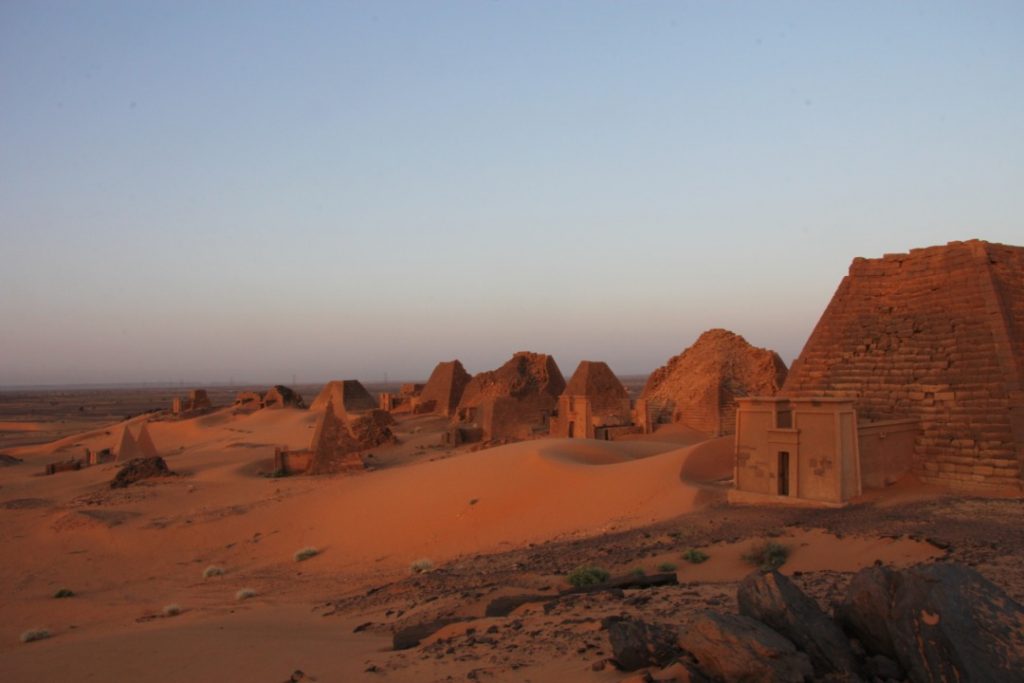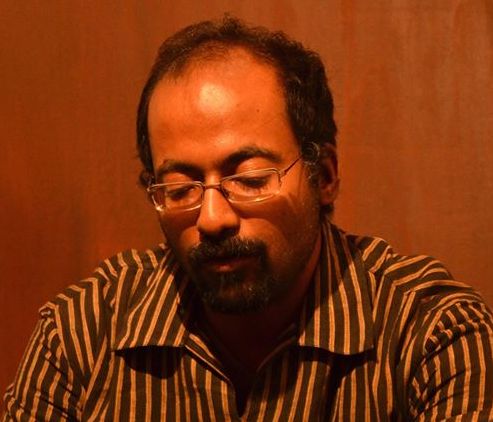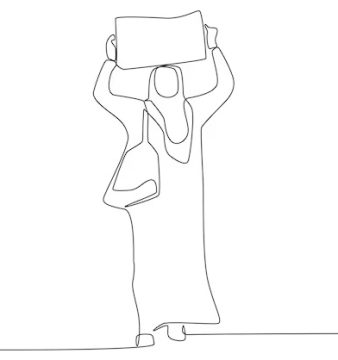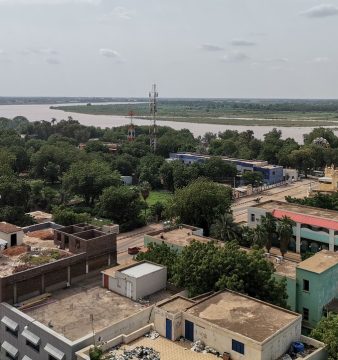Sudan in Big History: Confluence of Civilisations is the Need of the Hour

Big History being popularised with an evangelical zeal by metropolitan universities, ignores the causes of humanity and justice. The highly popular Big History course offered free of cost on the online platform called Coursera is taught by instructors from Macquarie University in Australia.
The application of scientific methods to humanities and social sciences can be rewarding, but the subtle emancipatory potentials of the history as a disincline and process are being lost. The paradox is that, despite projecting a pan galactic time scheme for itself, Big History manages to be Eurocentric.
Afro-Asian thought or scientific achievements seldom figure in the Big History scheme of things. This is conducted in a no nonsense, Aussie way that brooks no debate. The lack of response from traditional humanities is primarily owing to the spectre of ‘scienctific thought’, which Big History has laid claim to. Big History presents a hyper complex network of temporal and spatial interactions. But the million dollar question is where is the post-colonial in the scheme of Big History?
American political scientist and academic Samuel Huntington had presented a widely criticised theory of ‘Clash of Civilisations’. The field of international relations and ideologies have been vitiated by this theory. Big History perhaps purports to overcome such identity formations and defend a bipartisan approach to the humanities by introducing scientific temper. But thinkers like French philosopher Bruno Latour have made it amply clear that science itself it not devoid of ideological baggage. Science can be impartial and inhumane. From warfare to climate change, modern science and technology have seldom been humanistic. This cannot be expected to change by interleaving it with the humanities. The history of the Nile river valley and Sudan as the nursery of human civilisation and culture find very little mention in Eurocentric Big History narrative. The impact of this omission is significant for students of history and anthropology.
Material history should not be allowed to forget the ethical imperative. In terms of history as a discipline, the ethical question deals with the history of imperialist plundering of the immense wealth of Afro-Asian countries. Even today, such invocations elicit few compunctions and colonial history remains a footnote in European academia. But even this footnote is being deleted by the advent of Big History. The geographically inchoate nature of Australia, Pacific and Nordic regions can hardly be the reason for removing zones of historical stability such as Afro Eurasia from the pages of history. Events like the conference on the Global South also have very little to say about the rise of Big History as a discipline in the academia.
Geographically, Big History serves to elide the primordial position of Sudan and countries of the east in human civilisation. It also helps to mask the colonial history of imperial powers. Post colonial studies also has to rise up to the challenge and formulate novel responses to the rising complexity of knowledge frameworks worldwide. Anthropologists such as Claude Levi Strauss, working in Sudan and also in Latinate countries seldom carried out a disciplinary critique. Thus, ‘science’ has always managed to escape scrutiny.
In his 1978 magnificent book, Orientalism, Palestinian American academic, political activist, and literary critic Edward Said has laid out the trajectory of the modern subject with reference to imperial aggrandisation. The term ‘loot’ entered the English dictionary from India. The linguistic primacy of Sudanese and Afro-Asian cultures is ignored by the manifest agenda of Big History. The propagandist zeal of Big History overshadows real history. The oceanic trade routes and south-south cooperation, which predated colonial modernity, are conveniently swept under the rubric of ‘intergalactic archeology’. The colossal sprawl of Big History is matched by the megalomania of the colonial expansion. The accelerationist philosophies of today demand extraction of all natural resources. This goes against traditional wisdom.

Umar Nizarudeen is with the University of Calicut in Kerala. He was a research scholar at the Centre for English Studies, Jawaharlal Nehru University, New Delhi. In an eclectic career spanning over a decade, he has taught in various colleges of Delhi University, in the University of Kerala and has also worked as staff reporter for the New Indian Express, a national daily. ‘Muse India’, ‘Vayavya’, ‘Culture Cafe’ journal of the British Library are some the journals where his poems have appeared, some of which were also found good enough to be broadcast by the ‘All India Radio’.




